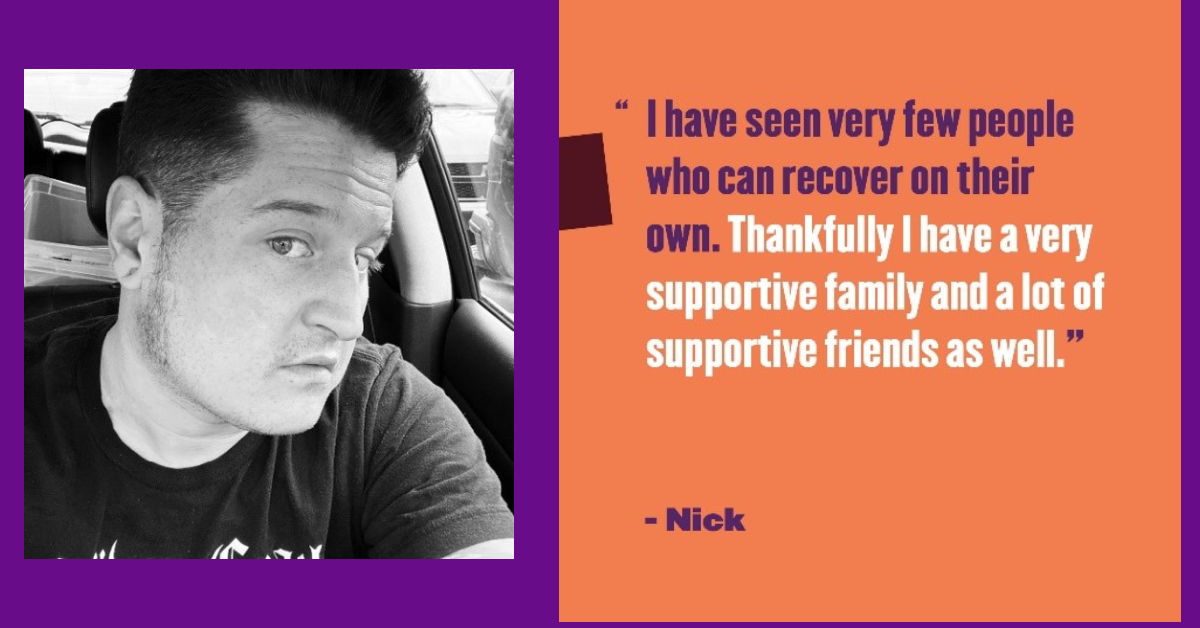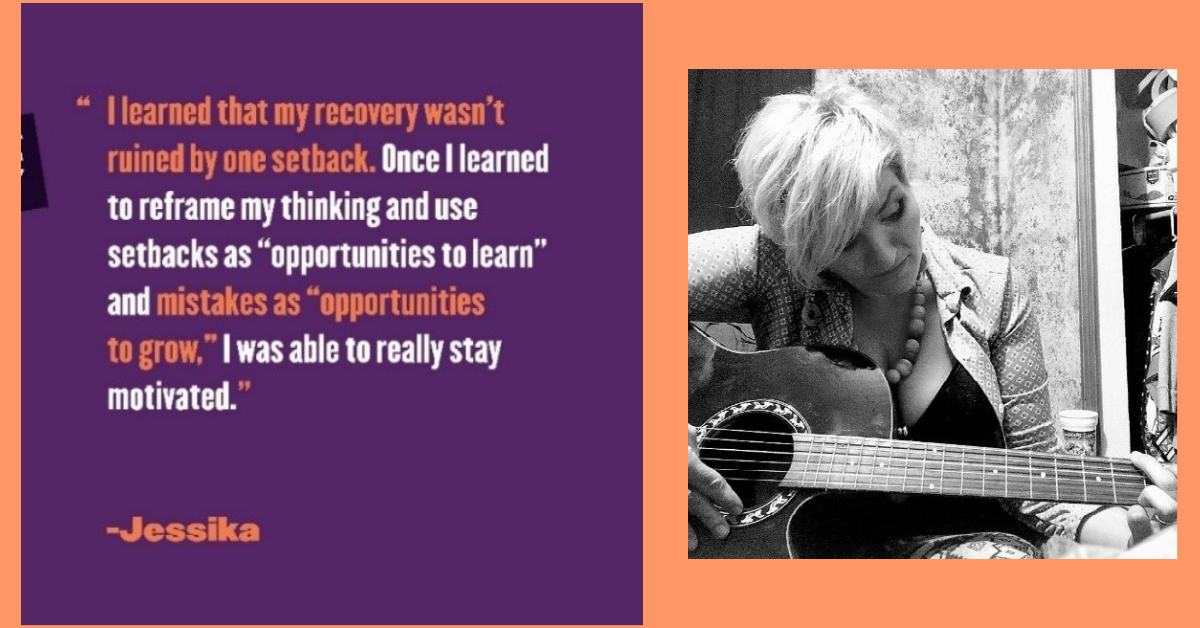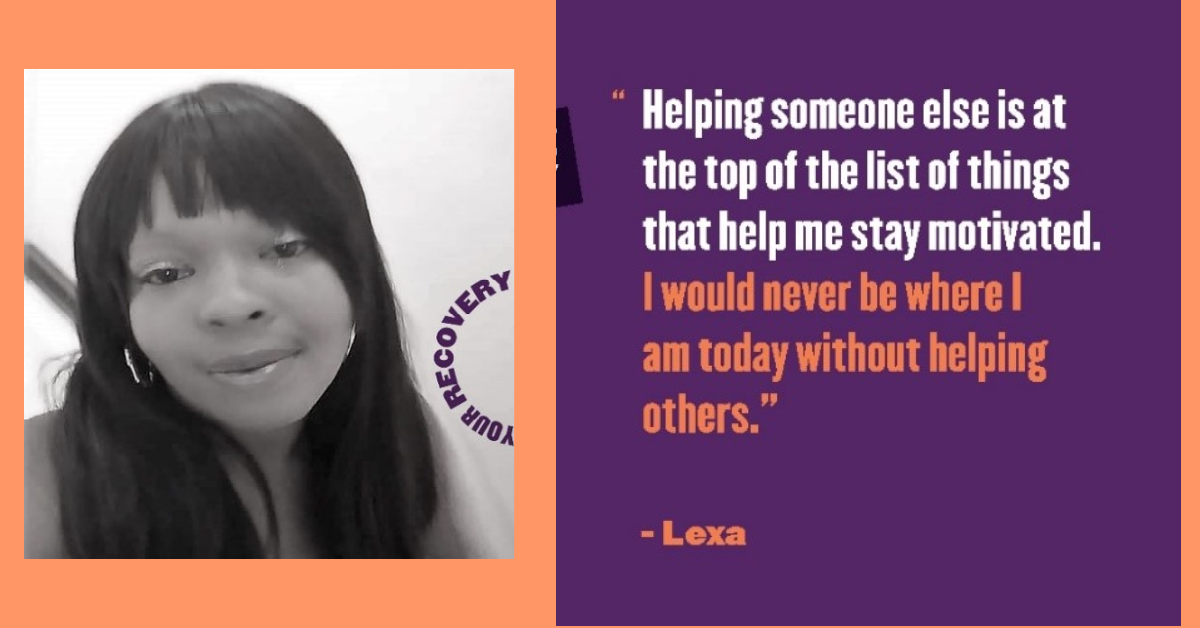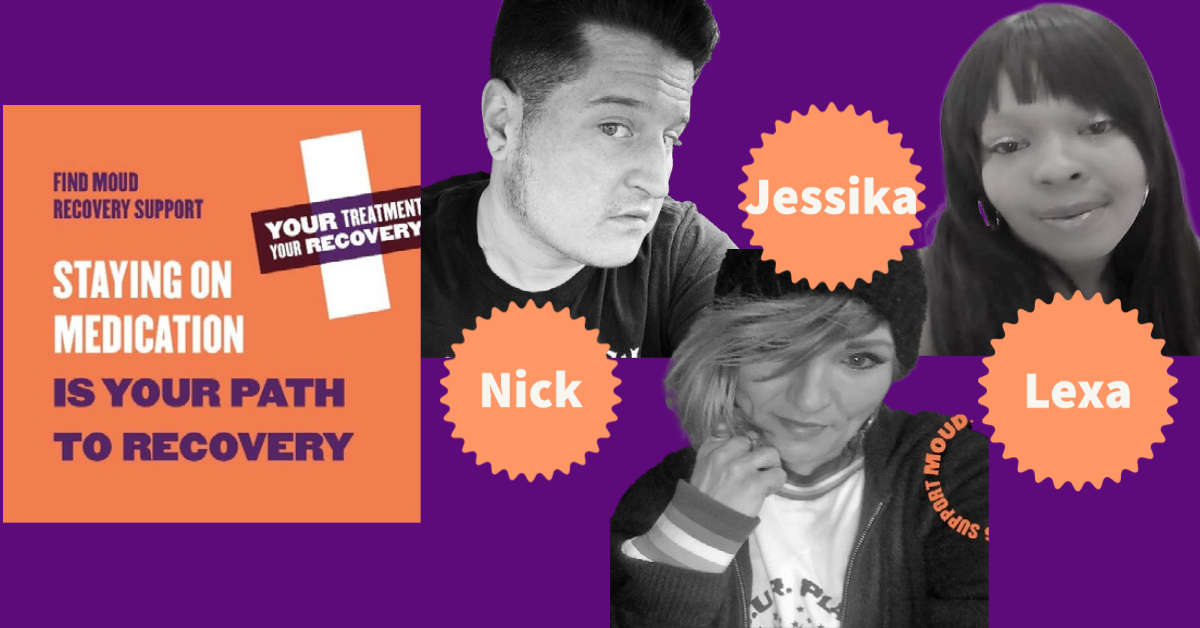Medication for opioid use disorder (MOUD) can lower the risk of relapse and overdose. The HEALing Communities Study (HCS) recently launched its fourth campaign, Stay In MOUD Treatment, to highlight the life-saving power of staying on medication for opioid use disorder.
Defining “treatment”
Last week I spoke with an acquaintance who identified himself as being in recovery. We discussed the opioid epidemic and the desperate need for harm reduction services. Then, he said something that surprised me: Medication is just a crutch. It prolongs the problem, by substituting one drug for another.
Though he agreed when I replied that medication actually saves lives and enables people to manage their substance use disorder and live their lives -- much like medicine for a heart condition or diabetes -- he expressed a common misconception about medication for opioid use disorder (OUD). Unfortunately, this stigmatized view impacts those seeking to treat their addiction or stay in treatment. “What many don’t realize is that OUD is a medical disorder characterized by an inability to stop the use of an addictive substance, despite the negative consequences associated with its use,” wrote Monika Salvage, the project director for the HEALing Communities Study at participating county Cayuga, in a recent op-ed.
HEALing Communities: Staying in medication treatment reduces opioid deaths
Ms. Salvage emphasized that for those already on medication we can “support their efforts and recognize the courage it takes to break the cycle of drug dependence.”
Addiction is a chronic brain disease: Not a lack of willpower.

Recovery from opioid use disorder requires more than willpower, and medications can be part of the solution. In fact, three FDA-approved medications – methadone, buprenorphine, and naltrexone – can lower the risk of relapse and overdose.
The longer a person with opioid use disorder stays in medication treatment, the greater the chance of a successful recovery. However, challenges associated with availability and acceptance of medication treatment exist, including my acquaintance’s notion that medication is not “real” recovery.
In fact, Nick, above, said "I have seen very few people who can recover on their own." He credits his supportive family and friends with helping him stay on medication. In a recent video, Nick also talks about how he responded to people suggesting he needed to “taper off” his medications for opioid use disorder.
How can we help people stay in treatment?
Part of staying in treatment is recognizing that the path varies for many people, and may not be linear. Jessika shares that "I learned that my recovery wasn't ruined by one setback. Once I learned to reframe my thinking and use setbacks as 'opportunities to learn' and mistakes as 'opportunities to grow' I was really able to stay motivated."

Jessika also shared in a recent video how she responds to others if they make negative comments about her use of medication to treat opioid use disorder.
To address the challenge and share that medication for opioid use disorder -- MOUD -- is an important option for treatment, the HEALing Communities Study (HCS) recently launched its 4th campaign, Stay In MOUD Treatment.
HCS is a research study launched by NIH in 2019, part of the trans-agency HEAL (Helping to End Addiction Long-termSM) Initiative to speed scientific solutions to address the national opioid public health crisis in New York, Massachusetts, Ohio, and Kentucky. The New York study is headquartered at the Social Intervention Group within the Columbia University School of Social Work and led by SIG’s director, University Professor Dr. Nabila El-Bassel (PI).
Research Grant Aims to Combat the Opioid Crisis
The goal of HCS is to reduce opioid overdose deaths by 40 percent over the course of the study. To meet this goal, however, the number of people with opioid use disorder who begin medication treatment and stay in medication treatment as long as needed must be increased.
As the Director of the National Institute for Drug Abuse (NIDA), Dr. Nora Volkow recently stated in a recent Washington Post article, “We need to educate people that addiction can be treated. We need to provide access to these treatments for everyone who needs them.”
How can the U.S. reduce drug overdose deaths? A wide range of ideas awaits Biden
In addition to access, it’s important to encourage those we know with opioid use disorder to seek out medication.
Marie O’Connor, who works for The Prevention Council of Putnam and is a champion for Putnam's HCS Communications Workgroup, shared her thoughts on the current campaign.
Diversification of Outreach Through HEALing Communities in Putnam County
“Campaign 4 is extremely important in our community because it places a ‘face’ to the disease of opioid addiction and normalizes the awareness that addiction does not discriminate on age, gender, or race. It helps to reduce the stigma that still radiates in our community. Barriers to staying in MOUD range from emotional challenges with stigma and the impact on work, family, and friendships to physical challenges of transportation, and impact on employment.”

Support is deeply needed. Some people seeking treatment find it difficult to manage extra appointments with their day to day obligations. One individual with opioid use disorder, Lexa, spoke candidly about the critical support she received from her treatment provider in order to stay in MOUD treatment.
Encouraging individuals to stay in treatment as long as they need to is also crucial. Ms. Salvage continued: “Your encouragement matters because one of the reasons that some people leave MOUD treatment too soon, or never enter it at all, is lack of support from family and friends.”
Lexa also shared how encouraging others also helped her recovery. "Helping someone else is at the top of the list of things that help me stay motivated. I would never be where I am today without helping others."
Motivated to Save Lives: An Interview with Monika Salvage
A lack of support from friends and family could be as simple as suggesting people in treatment should taper off their medications, rather than support them for as much time as they need to remain in treatment.
Everyone can make a difference by supporting loved ones in MOUD treatment, or, if suffering from opioid use disorder, staying in MOUD treatment for as long as needed. Medication must be embraced as both a tool to save lives and a key to treating opioid use disorder.
Learn more about MOUD and how to provide support
- Discover resources for finding MOUD options and staying in MOUD
- Hear from people on MOUD who share challenges to staying in treatment and tips to overcome them
- Visit and share the Healing Communities Study New York site
- Learn more about the history and launch of HCS

